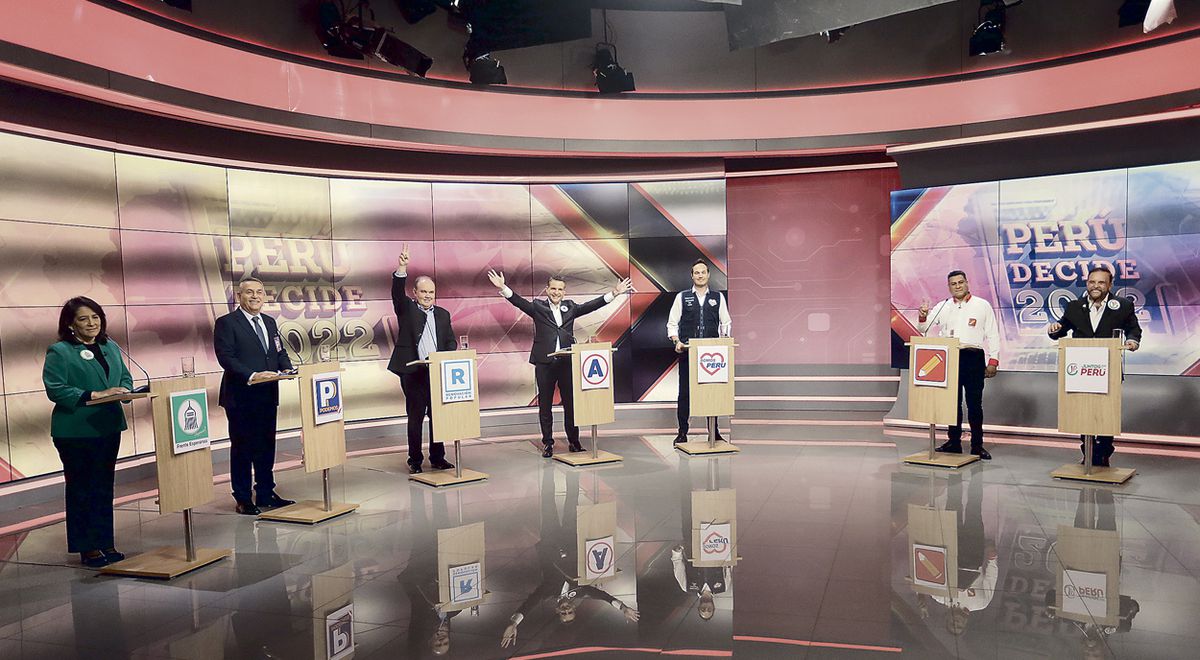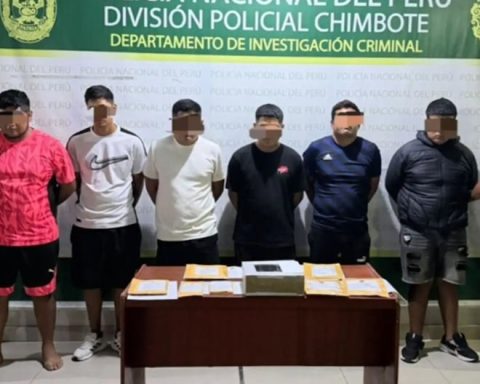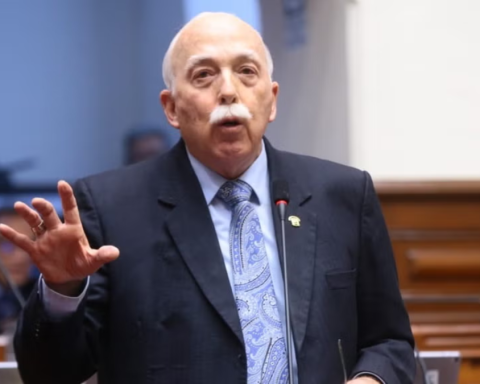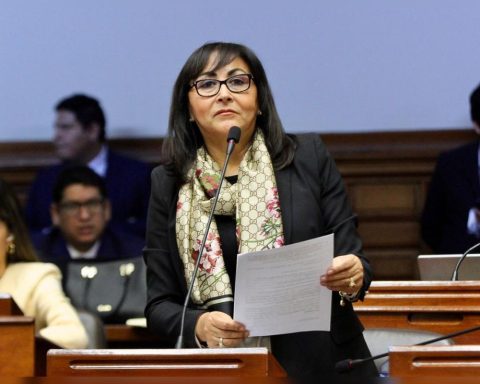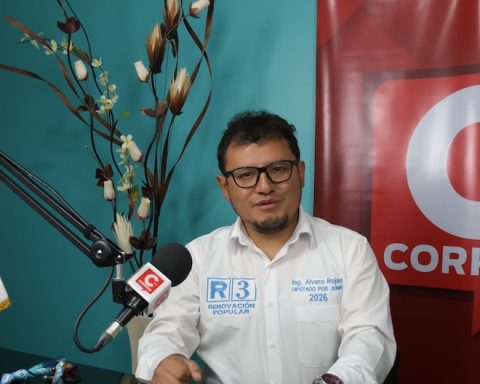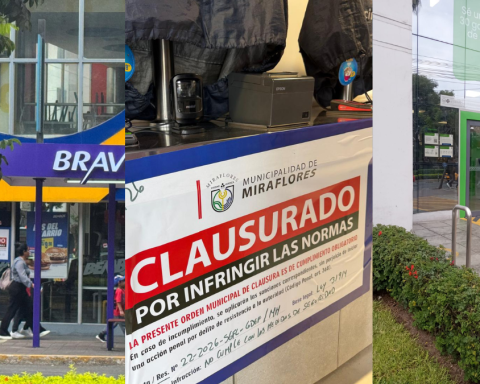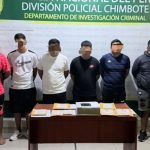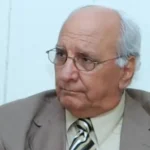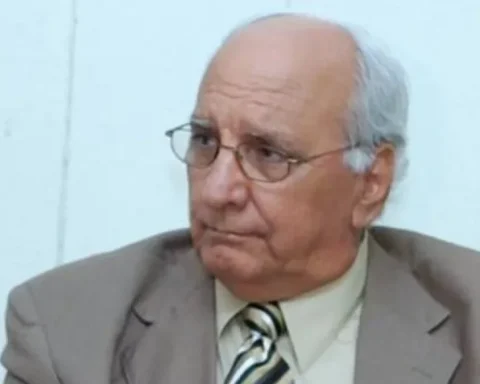The National Office of Electoral Processes (ONPE) will review the profile of the electoral trainers that the political parties have reported when rendering accounts on the expenses of direct public financing. Sources from that organization stated that before the complaints of some allegedly irregular expenses, they will proceed to review the accounting documents and compare them with the activities of the hired professionals.
A quick review of the expense reports of the national parties shows that they are mainly on the training side, as required by law; nevertheless, the ONPE will check if those who were hired have the professional conditions to train the militants and leaders.
So far, the publication of the financial reports of all the parties has not been completed. In the ONPE they informed La República that some parties delivered their documents physically and the data is being entered gradually in the section Clarity from the website of that organization.
Specialists in electoral matters Joseph Villalobos Y Jorge Jauregui They pointed out that the ONPE fulfills an auditing role and has to verify that the expenses are in compliance with the objective, which is strengthen the parties economically so that they become independent from private contributors and, in this way, ensure the right of citizens to political participation with properly structured matches.
“The ONPE You have to determine if the consultancy corresponds to the services that have been provided and if the professional meets the profile. It is not unreasonable to think that unqualified personnel can be used to make up campaign expenses,” Villalobos declared, after specifying that, according to article 36 of the Law of Political Organizations, parties can be sanctioned with fines and, in serious cases, the financing can be suspended.
Jáuregui, for his part, maintained that ONPE has to review the amounts of money paid and the people who have issued the payment receipts. “A business that sells fuels cannot provide training on electoral issues and justify with them the expenses of the parties”, he pointed out.
ONPE. Initiated investigation of party expenses. Photo: diffusion
For Percy Medina, It is necessary to carry out a better evaluation of the spending of these resources so that they are used in the best way, while Karen Guevara, specialist in electoral law, considered that The way it is proposed, the norm allows for a broad interpretation, such as the use of coaching in the training of grassroots leaders.
Guevara specified that the leaders can claim that as leaders of their parties they can politically educate their militants, train them and be paid and “there is no impediment. They will have to search a thousand times to see who will be the beneficiaries of the financing, unfortunately that figure is becoming distorted”.
He added that a jurisdictional doctrine should be created to see what should be understood as control, well “the ONPE it has no discretion, it only applies the norm and cannot go further”.
Financing once again gained prominence after alleged irregular payments were reported with the fund of the direct public financing that the parties receive (see table).
Peru Libre, Fuerza Popular, Renovación Popular and Somos Perú reported payments to leaders financed by public funds. According to the norm, no more than 50% of the money that the parties receive must be used for ordinary expenses and, at least, 50% for education, training, research and disclosure.
reactions
Karin Guevara, electoral specialist
“Any sanction imposed by ONPE will be elevated to JNE and that is where a release can be given or a barrier can be put up, but it will be very complicated, because the norm is very broad”.
Percy Medina, International Idea
“There is no way to evaluate the quality of the training, but Since these are public resources, it must be guaranteed that they are used in the best way. It is very much left to the decision of the parties”.
The key
Report. A total of 692 candidates, who have previously been authorities or public officials and who now apply to the Regional and Municipal Elections 2022, are included in reports from the Comptroller for allegedly having criminal, civil and/or administrative liability as a result of his management in entities of the Condition.
